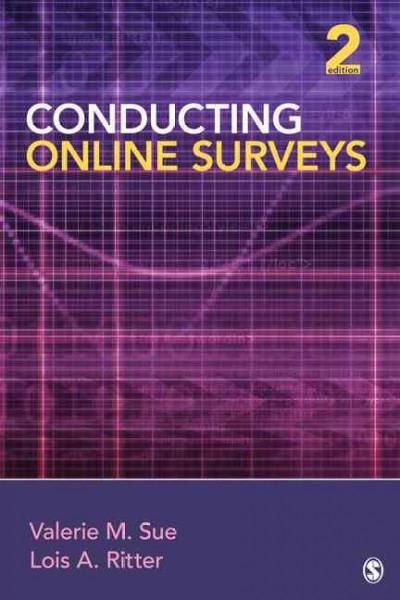Question
How does the interview with Philip Zimbardo add to this discussion? Interview Video link: https://youtu.be/1G-MhGE5Au0 Discussion: According to the Department of Health Education and welfare,
How does the interview with Philip Zimbardo add to this discussion?
Interview Video link:
https://youtu.be/1G-MhGE5Au0
Discussion:
According to the Department of Health Education and welfare, (1979), The National Research Act was signed into law in 1974. Through this act, the National Commission for the Protection of Human Subjects was created. The Belmont Report attempts to summarize the ethical principles that are outlined in this National Commission (Department of Health, Education, and Welfare et al., 1979). In contrast to other reports, The Belmont Report does not make specific recommendations for the Secretary of Health, Education, and Welfare. In fact, the Commission recommended adoption of the Belmont Report to serve as a statement and policy of the Department of Health, Education, and Welfare (Department of Health, Education, and Welfare et al., 1979).
The report outlines three parts that include: Part A-Boundaries Between Practice and Research; Part B- Basic Ethical Principles; Part C- Applications. This report provides a framework for ethical principles and standards involving human research. These principles are aligned directly with the BACB Ethics Code for Behavior Analysts within Section 6 (Behavior Analyst Certification Board BACB. (2022).
Code 6.04 in the BACB Ethics Code specifically addresses Informed Consent in Research (Behavior Analyst Certification Board BACB. (2022). This directly aligns with Part C number 1-Applications section in the Belmont Report.
The Tuskegee study conducted in 1932 began as a way to record the history of syphilis. It involved 600 men with and without syphilis.. Of the 600, 201 had the disease. Informed consent was not collected prior to this study taking place (CDC et al., 2022). Based on the ethical principles now outlined in the Belmont Report (Department of Health, Education, and Welfare et al., 1979) and the BACB Ethics Code for Behavior Analysts (Behavior Analyst Certification Board BACB. (2022), this study was extremely unethical and should not have taken place. The participants in the study were not provided informed consent and were treated inhuman by not being provided proper medical attention and treatment for the syphilis disease. This goes against the second core principle outlined in BACB Ethics Code for Behavior Analysts, Treat Others with Compassion, Dignity, and Respect (Behavior Analyst Certification Board BACB. (2022).
Behavior Analyst Certification Board (BACB. (2022). Ethics code for behavior analysts. https://www.bacb.com/wp-content/uploads/2022/01/Ethics-Code-for-Behavior-Analysts-230119-a.p
Center for Disease Control and Prevention (CDC). (2022). The U.S. public health service untreated syphilis study at Tuskegee. https://www.cdc.gov/tuskegee/timeline.htm
Department of Health, Education, and Welfare. (1979). The Belmont report ethical principles and guidelines for the protection of human subjects of research.
Step by Step Solution
There are 3 Steps involved in it
Step: 1

Get Instant Access to Expert-Tailored Solutions
See step-by-step solutions with expert insights and AI powered tools for academic success
Step: 2

Step: 3

Ace Your Homework with AI
Get the answers you need in no time with our AI-driven, step-by-step assistance
Get Started


